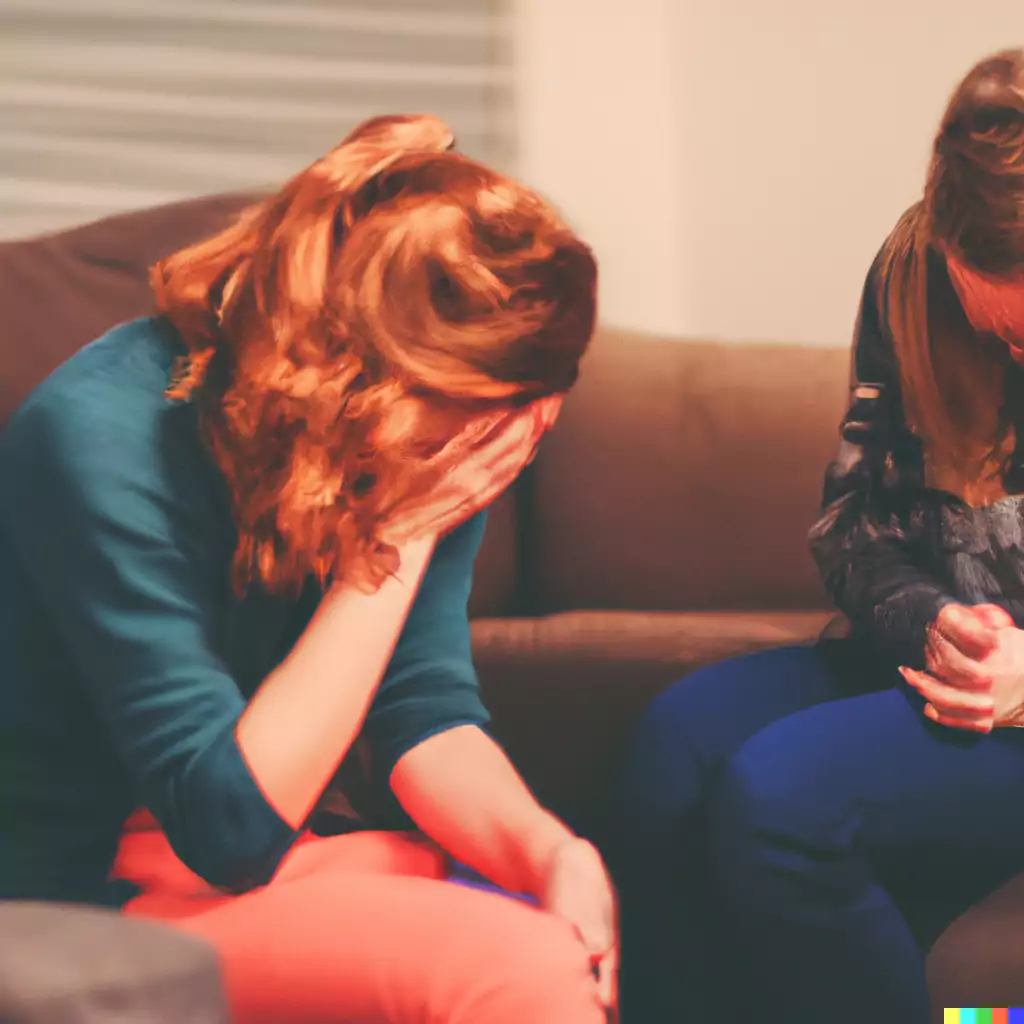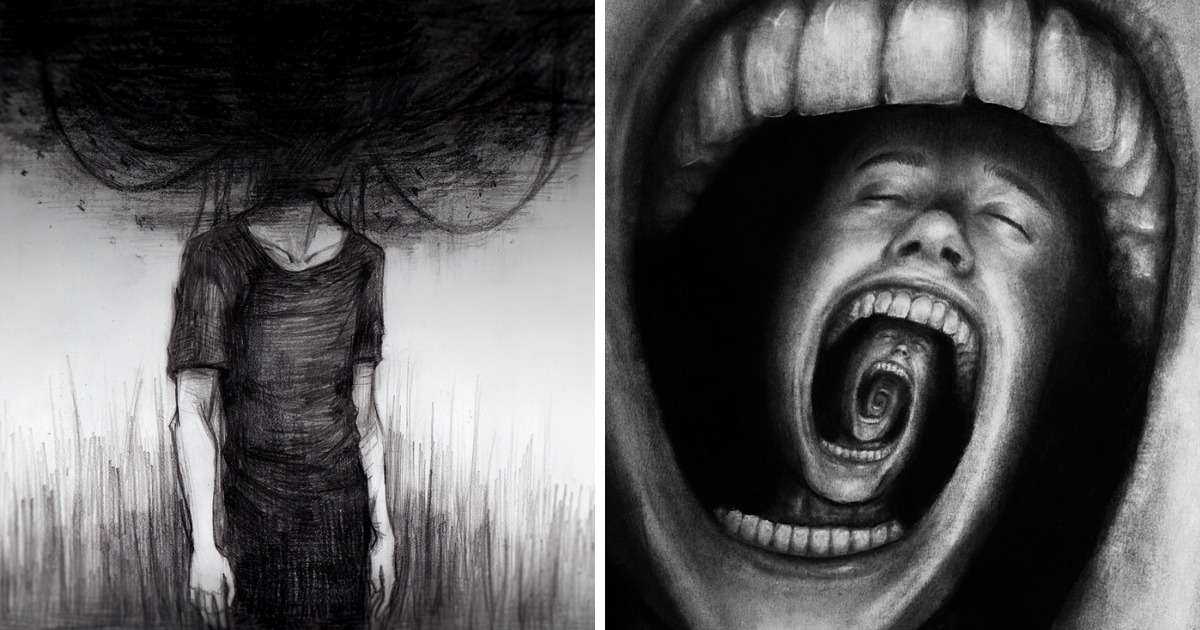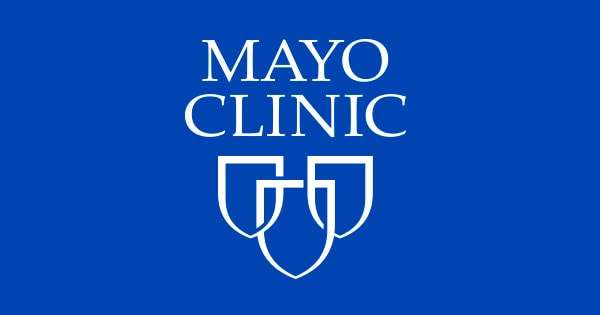Mental health problems are common among college students. In fact, one in four students has a diagnosable mental health problem, and many more experience mental health difficulties. Despite the high prevalence of mental health problems, most college students do not seek help for their mental health difficulties. This is especially true for students from traditionally underrepresented groups, such as racial and ethnic minority students and first-generation college students.
There are many reasons why college students do not seek help for their mental health problems. Some students believe that they can handle their mental health difficulties on their own. Others are afraid of the stigma attached to mental illness, and worry that seeking help will make them look weak or crazy. Still others simply don’t know where to turn for help.
Fortunately, there are many resources available to college students who are struggling with mental health problems. Most colleges and universities have counseling centers that offer free or low-cost counseling services. There are also many mental health professionals who provide therapy services on a sliding scale. In addition, there are a number of national helplines that offer 24/7 support for people in crisis.
If you or someone you know is struggling with a mental health problem, please reach out for help. There is no shame in seeking help, and mental health problems are nothing to be embarrassed about. Remember, you are not alone.
FAQ
What are some of the most common mental health problems among college students?
Some of the most common mental health problems among college students are anxiety, depression, and eating disorders.
What are the barriers to college students seeking help for mental health problems?
There are many potential barriers to college students seeking help for mental health problems, including: feelings of shame or stigma, lack of awareness of available resources, fear of judgement from others, or feeling like one’s problems are not “serious enough” to warrant seeking help. Additionally, many college students may not have access to adequate mental health care due to financial constraints or lack of insurance.
What are some of the effective interventions for college students with mental health problems?
Some effective interventions for college students with mental health problems are therapy, medication, and self-care.
What are some of the challenges in providing mental health services to college students?
There are a number of challenges in providing mental health services to college students. One challenge is the stigma that is still attached to mental health issues. This can make it difficult for students to seek help. Another challenge is the lack of resources on many college campuses. This can make it difficult for students to get the help they need.




